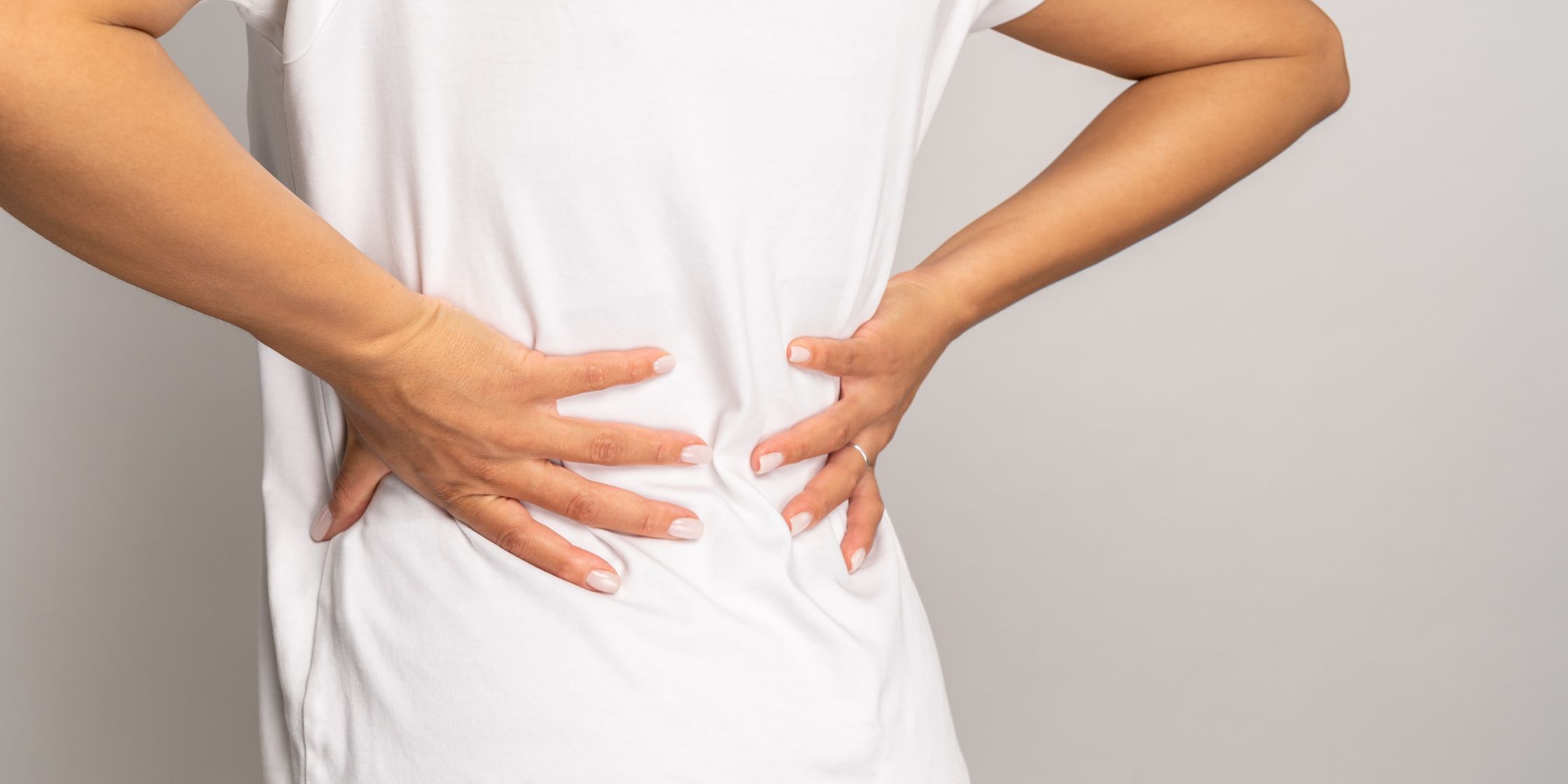Hip pain is a prevalent issue that affects people of all ages. Whether it’s a sharp, sudden pain or a dull, persistent ache, hip pain can significantly impact your daily life.
At KCM Clinic, we understand the importance of addressing hip pain promptly, and therefore, in this blog, we explore the common causes, symptoms, and treatment options for hip pain.
What Causes Hip Pain?
Hip pain can stem from a variety of sources, and pinpointing the cause is essential for effective treatment. Here are some of the leading hip pain causes:
1. Inflamed Tendons
Acute hip pain often arises from inflamed tendons, a condition known as tendonitis. Overexertion during exercise is usually a common trigger of tendonitis.
2. Arthritis
Long-term hip pain frequently stems from arthritis, including:
- Osteoarthritis (OA): Typically an age-related arthritis, affecting cartilage around joints.
- Traumatic Arthritis: Arthritis followed by joint injuries like fractures.
- Infectious Arthritis: Arthritis caused by joint infections, damaging cartilage.
- Rheumatoid Arthritis (RA): Autoimmune-induced joint inflammation, potentially causing severe damage.
3. Trochanteric Bursitis
Inflammation of the bursa near the hip joint leads to trochanteric bursitis. Some of the possible triggers of trochanteric bursitis include hip injury, joint overuse, or posture issues.
4. Injuries
Injuries, such as hip fractures, dislocations, and muscle strains can result in acute hip pain. Immediate medical attention and surgery are often necessary for recovery in these cases.
At KCM Clinic, our experienced team of specialists can help diagnose the underlying cause of your hip pain through thorough evaluation and diagnostic tests and ensure that you get the appropriate treatment.
How Is Hip Pain Treated?
Hip pain treatment depends on its cause, severity, and individual factors. Here are some common treatment approaches:
- Medications: Over-the-counter or prescription pain medications and nonsteroidal anti-inflammatory drugs (NSAIDs) may be prescribed to reduce inflammation and pain.
- Physical Therapy: A customised exercise program under the guidance of expert physical therapists may be recommended to strengthen hip muscles and improve flexibility.
- Injections: Corticosteroid injections may also be prescribed to some patients to reduce inflammation and manage pain.
How Can I Prevent Hip Pain?
Preventing hip pain involves maintaining a healthy lifestyle and taking precautions. Here are some tips:
- Maintain a healthy body weight to avoid putting strain on your hips.
- Engage in regular low-impact exercises to keep your hip joints mobile and strong.
- If your hip hurts during or after physical activity, don’t push through the pain. Rest when needed.
- Use appropriate protective equipment during activities to reduce the risk of hip injuries.
- Ensure clutter-free homes and workspaces to prevent tripping hazards.
- Maintain good posture when sitting, standing, and walking to reduce hip strain.
What Are the Treatment Options for Hip Pain?
If hip pain persists after using medication, physical therapy and injection, surgery may be recommended. Two of the most common surgical procedures for hip pain include:
Hip Arthroscopy: This minimally invasive procedure is the primary choice for various hip pain causes. Small incisions allow your surgeon to use an arthroscope with a camera and light to diagnose and repair hip joint issues, offering relief and restoring function.
Hip Replacement: When hip pain severely hinders your mobility, a hip replacement might be recommended. This surgery involves replacing the damaged hip joint with an artificial prosthesis, providing long-lasting pain relief and improved mobility.
At KCM Clinic, our experienced surgical team is dedicated to restoring your hip health and enhancing your quality of life. If you’re considering surgery for hip pain, we’re here to guide you through the process and ensure the best possible outcome.
FAQs
1. How do I know if my hip pain is serious?
Your hip pain may be serious if:
- it is severe, persistent, or accompanied by swelling
- it limits your daily activities
- you have a history of hip issues
2. What are the first signs of hip problems?
Early signs of hip problems include discomfort or stiffness in the hip area, reduced range of motion, and aching sensations. If these symptoms persist, it’s wise to seek medical advice.
3. What are common symptoms of hip pain?
Common symptoms of hip pain include aching, sharp pain, limited mobility, pain during physical activities, and discomfort while resting. If you experience any of these, consult a healthcare expert for a proper evaluation and diagnosis.








